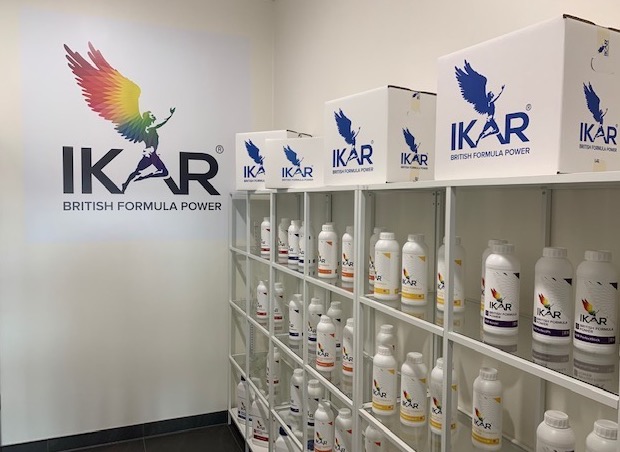News
IKAR liquid fertiliser plant boasts the capacity of 10 000 000 litres a year, just to begin with! The company’s managers and staff, who developed their initial fertiliser formulations in Great Britain back in 2013, are rightly proud of the new plant, its chemical and phytotechnology laboratories and a fast-growing global sales network .
In 2019, the IKAR company achieved its 3 key objectives: it achieved a qualitative leap in Vietnam, Argentina and across Central European countries by offering the market top quality liquid fertilisers customised for the climatic conditions and the soil type. The plant completed the development of a strict product classification system and additionally created over 20 unique fertiliser formulations. In 2018, the company had offered around 10 unique liquid fertiliser products to farmers, while the number exceeded 30 in 2019. This proves the company’s capacity to innovate, adapt to market needs and offer the most needed products.
The IKAR company developed a clear product classification system dividing its products into 5 groups/categories:
INTENSE: liquid compound fertiliser for intense plant growth. It contains special microelements and macronutrients.
CORRECT: a fertiliser/corrector for accurate correction of nutrient deficiency during intensive growth.
ADD VALUE: liquid concentrated and efficiently absorbed fertiliser with high biological value substances.
PHYSIO: fertiliser containing substances with physiological effects that change the morphology of the plant, the speed of development stages and the biochemical composition of the plant.
ASSIST: the substances that change the physical properties of fertilisers: spreading, adhesion, penetration, evaporation of the solution and pH of the solution.
It was no coincidence that the plant was built in the Kėdainiai Free Economic Zone. It is planned to have additional premises built adjacent to the already existing plant in the near future.
Kėdainiai is an excellent strategic location which offers easy access not only to local but also international motorways. The Port of Klaipėda is also very important for the IKAR company as its products are shipped to Vietnam, Argentina, Bangladesh and as far as Indonesia. Traditionally, Kėdainiai has been one of the fertiliser production centres with experts in this field on offer. Nikolajus Gurskis, the Marketing Manager at IKAR says: “Kaunas has A. Stulginskis University which prepares agronomists and other staff necessary in our business. When choosing the location for the plant, we knew that we could find highly-skilled staff for our company in Kėdainiai and Kaunas regions”.
The staff work multiple shift patterns at the IKAR company. Production takes place subject to orders on the basis of the just-in-time principle. “We do not store any manufactured fertilisers as they get shipped to customersimmediately. The production is fully automated, and staff in charge may manage it merely with a mobile phone,” tells Mr Gurskis, the Marketing Manager.


